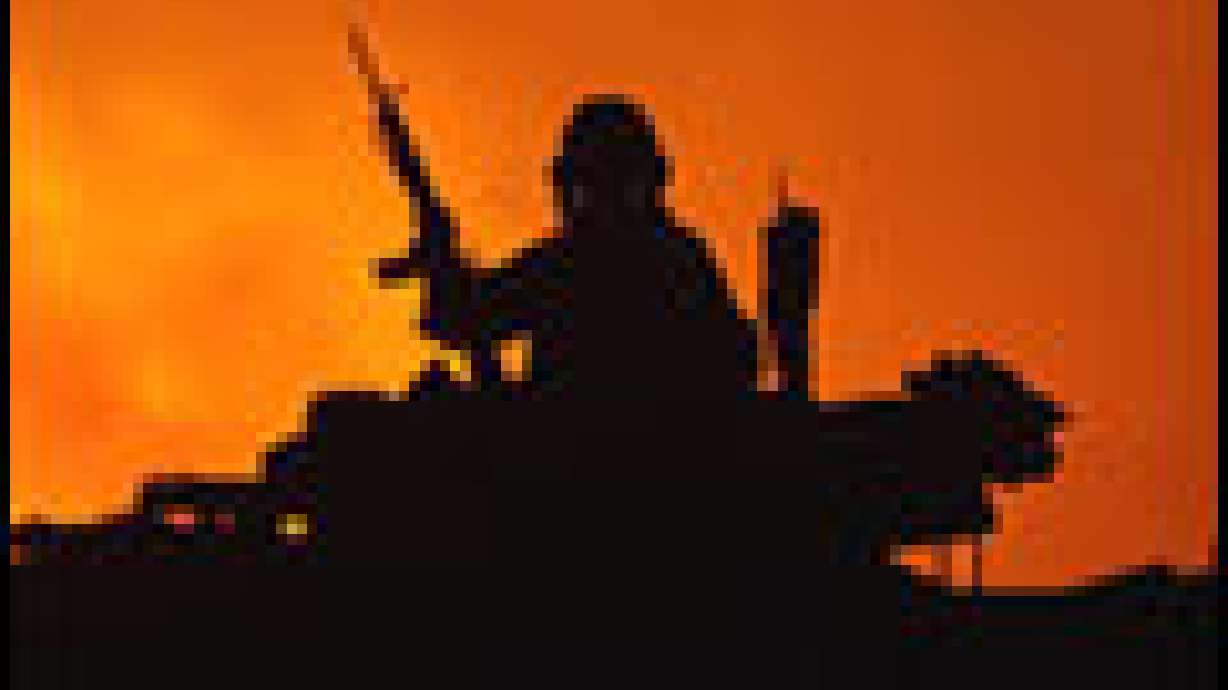Estimated read time: 2-3 minutes
This archived news story is available only for your personal, non-commercial use. Information in the story may be outdated or superseded by additional information. Reading or replaying the story in its archived form does not constitute a republication of the story.
BAGHDAD, Iraq (AP) -- Saddam Hussein's science adviser surrendered to U.S. military authorities Saturday, becoming the first of the 55 most wanted Iraqi figures to go into coalition custody. He insisted that Iraq had no weapons of mass destruction and that the war was unjustified.

Lt. Gen. Amer al-Saadi arranged his surrender with the help of Germany's ZDF television network, which filmed him leaving his Baghdad villa with his German wife, Helga, and presenting himself to an American warrant officer, who escorted him away.
Al-Saadi told ZDF he had spent the war in his cellar and emerged after he saw a British TV report that he was being sought. He said he had no information on what happened to Saddam and repeated his assertion, made often in news conferences before the U.S.-led invasion, that Iraq was free of weapons of mass destruction.
U.S. Central Command in Qatar confirmed in a statement that al-Saadi surrendered to coalition forces Saturday.
The elegant, British-educated al-Saadi is believed to be the first of the 55 regime figures sought by the coalition -- he was the seven of diamonds in the deck of playing cards issued by the U.S. military with the wanted officials' pictures -- to enter custody.
He had been wanted because he was a special weapons adviser to Saddam and oversaw Iraq's chemical program in the past. He is believed to have in-depth knowledge of other weapons program as well.
He was among the key figures who worked with U.N. weapons inspectors and often spoke for the Iraqi government in news conferences between the resumption of inspections in November and their end last month.
After Secretary of State Colin Powell's presentation to the U.N. Security Council in February, al-Saadi suggested that monitored Iraqi conversations Powell played were fabricated, that defector informants were unreliable, and that satellite photographs "proved nothing."
Al-Saadi had also defended the regime's longtime practice of insisting that Iraqi officials be present during meetings between U.N. weapons inspectors and Iraqi scientists, saying that otherwise the scientists' remarks might be distorted.
"I know the programs for weapons of mass destruction and have always told the truth about these old programs, and only the truth. You will see, the future will show it, and nothing else will come out after the end of the war," he said in an interview with ZDF, according to the broadcaster's German translation.
"Because I know the program, together with my colleagues, because we have always worked together and nobody intervened. Nobody ever told me what I should say."
(Copyright 2003 by The Associated Press. All Rights Reserved.)









